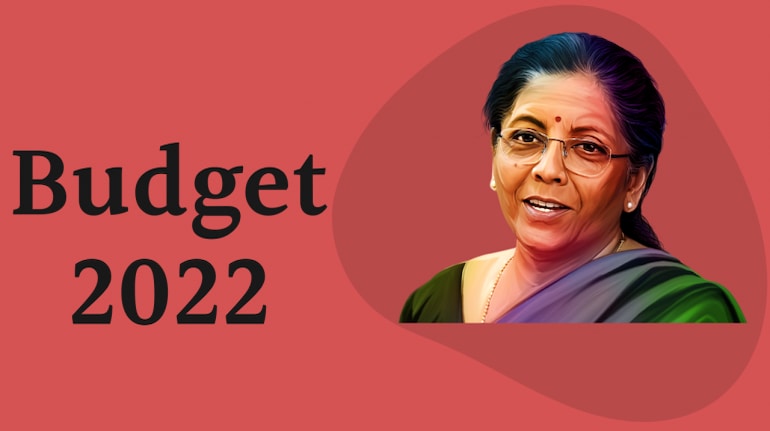



The government has sought to further calibrate the customs duties in line with its Aatmanirbhar Bharat goals for value-added manufacturing and reduced imports.
Presenting her fourth Union Budget on Tuesday, Finance Minister Nirmala Sitharaman said import duties have broadly been raised for finished goods for which domestic manufacturing capacity exists, while duties on industrial inputs have been brought down.
"We have once again carried out an extensive consultation, including crowd-sourcing, and as a result of these consultations, more than 350 exemption entries are proposed to be gradually phased out," she said.
These include exemption on certain agricultural produce, chemicals, fabrics, medical devices and drugs and medicines - the items for which the government is confident that sufficient domestic manufacturing has now been built up.
Certain exemptions for advanced machinery that are not manufactured within the country will continue in the meantime. A few exemptions will also be introduced on industrial inputs such as specialised castings, ball screw and linear motion guide to encourage domestic manufacturing of a higher class of goods that India is now ready to mass-produce and ship out, Sitharaman said.
The measures are set to act as enablers to the bigger policy initiatives in the export sector such as Production Linked Incentive (PLI) schemes and Phased Manufacturing Plans.
Boosting exports
To incentivise exports, exemptions have also been provided on items such as embellishment, trimming, fasteners, buttons, zipper, lining material, specified leather, furniture fittings and packaging boxes that may be needed by bonafide exporters of handicrafts, textiles and leather garments, leather footwear and other goods.
For electronics, customs duty rates will also be calibrated to provide a graded rate structure to facilitate domestic manufacturing of wearable devices, hearable devices and electronic smart meters. Duty concessions are also expected for parts of transformer of mobile phone chargers, and camera lens of mobile camera module and certain other items.
Sitharaman said this will enable domestic manufacturing of these high-growth electronic items, which are mostly assembled in India but has seen significant value addition over the past three years.
To give a boost to the gems and jewellery sector, customs duty on cut and polished diamonds and gemstones has been reduced to 5 percent. "Simply sawn diamond would attract nil customs duty. To facilitate export of jewellery through e-commerce, a simplified regulatory framework shall be implemented by June this year," the finance minister said.
To disincentivise import of undervalued imitation jewellery, the customs duty on imitation jewellery is being prescribed in a manner that a duty of at least Rs 400 per kg is paid on imports.
Tough love for capital goods
Sitharaman has cut a series of duty exemptions enjoyed by capital goods manufacturers. Capital goods are products that are used in producing other goods, rather than being bought by consumers.
"Several duty exemptions, even extending to over three decades in some cases, have been granted to capital goods for various sectors like power, fertiliser, textiles, leather, footwear and food processing. These exemptions have hindered the growth of the domestic capital goods sector," Sitharaman said.
The National Capital Goods Policy, released in 2016, had aimed to double the production of capital goods by 2025. This would create employment opportunities and result in a sharp increase in export earnings as capital goods manufacturing is both labour intensive and churn out high-value products.
The government has prescibed a similar policy action on project imports. Stharaman said project import duty concessions have also deprived the local producers of a level playing field in areas like coal mining projects, power generation, transmission or distribution projects, railway and metro projects.
"Our experience suggests that reasonable tariffs are conducive to the growth of domestic industry and ‘Make in India’ without significantly impacting the cost of essential imports. Accordingly, it is proposed to phase out the concessional rates in capital goods and project imports gradually and apply a moderate tariff of 7.5 per cent," the finance minister said.
Further, as a simplification measure, the government has announced that several concessional rates will be incorporated in the Customs Tariff Schedule itself, instead of prescribing them through various notifications.
Discover the latest Business News, Sensex, and Nifty updates. Obtain Personal Finance insights, tax queries, and expert opinions on Moneycontrol or download the Moneycontrol App to stay updated!
Find the best of Al News in one place, specially curated for you every weekend.
Stay on top of the latest tech trends and biggest startup news.